 Pet Pest Control
Pet Pest Control The Common Parasites and Pests Pet Owners in North Dayton Should Know
Living in the Greater Dayton area can mean a variety of pests and parasites that could affect your pet. It’s important for pet owners to be aware of the common pet health problems caused by parasites, pests, and other bugs. This knowledge combined with preventative measures can help keep your pet safe from harm.
 Types of Pests & Parasites
Types of Pests & Parasites
The most common pests and parasites affecting pets in Southwest Ohio include fleas, ticks, mites, lice, heartworms, roundworms, and hookworms. Some are more dangerous than others and can cause a range of health issues if left untreated including anemia, fever, skin irritation, or infection.

 Prevention
Prevention Prevention & Treatment
The best way to ensure the safety of your pet is to practice prevention methods. Here are some steps you can take:
- Regularly groom your pet – this will remove any loose hair as well as other debris that collects on their skin
- Keep up with regular vet visits so they can monitor for any signs of pests/parasites
- Utilize preventative treatments like flea/tick collars/spot-ons which act as barriers to keep off unwanted visitors
- Clean bedding regularly – washing once a week (or more depending on the season) is ideal; always check the manufacturer’s instructions before washing your pet’s bedding!
- Use insect repellents – use ones specifically formulated for pets like sprays or natural products such as essential oils
- Keep grass trimmed – cutting tall grass will help reduce the presence of ticks which thrive in long-grass areas
- Check for abnormalities – especially after being outside; look for any bumps or lesions on their body that could indicate a tick bite or flea infestation
If you do suspect that your pet has been affected by parasites or pests, then it is important to contact us right away. We may recommend over-the-counter medication such as shampoos or spot-on treatments to remove existing infestations. There are also prescription medications available if necessary, such as oral medication for heartworm treatment. Finally, dietary supplements like omega fatty acids may also be helpful in dealing with pests and parasites.

